Drug Driving Solicitors
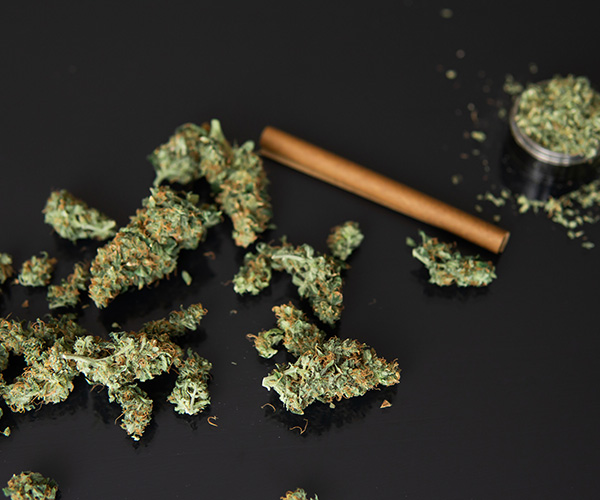
Cannabis

Cocaine
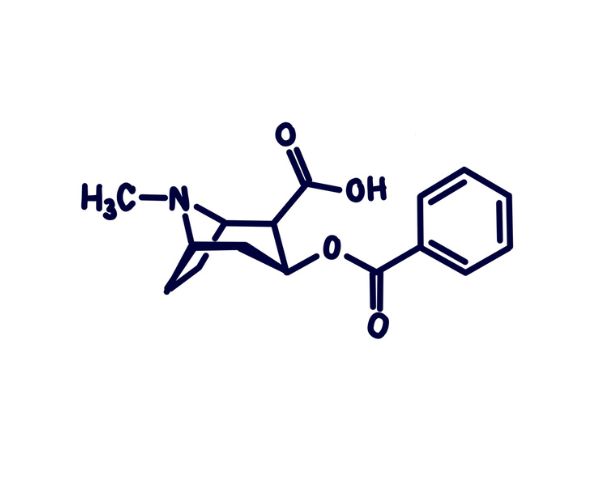
Benzoylecgonine
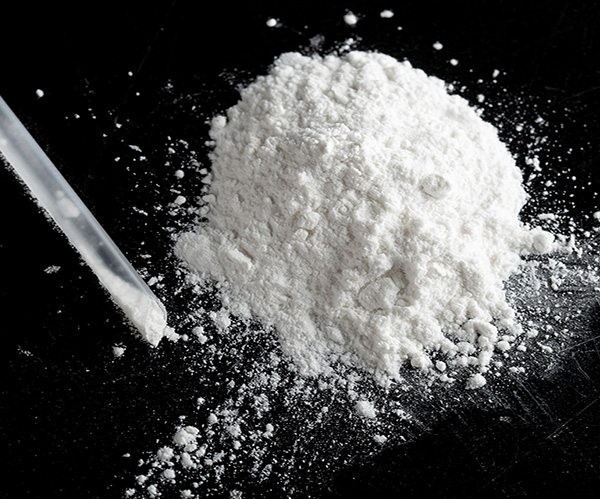
Ketamine
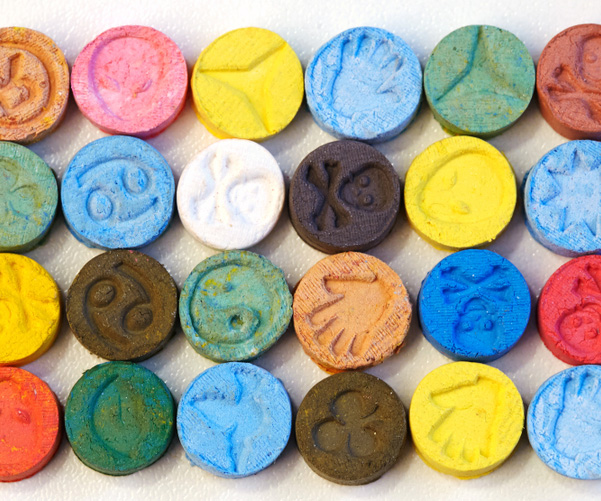
MDMA
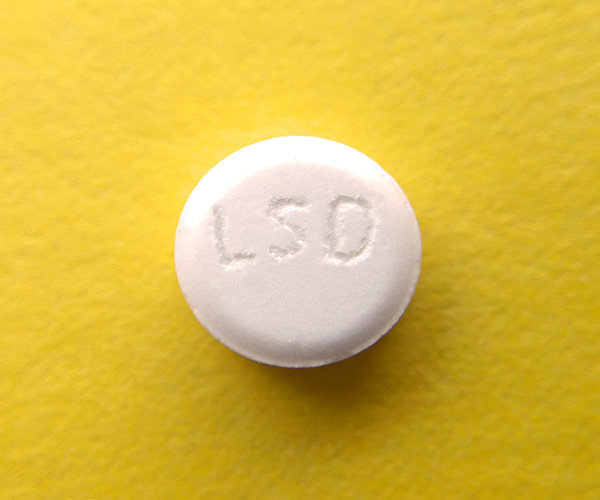
LSD
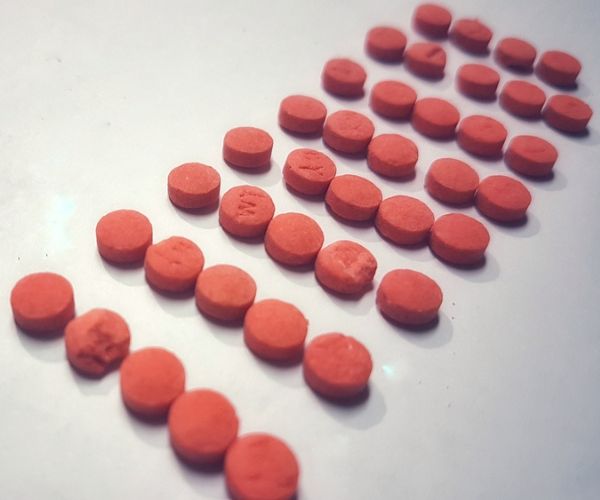
Amphetamine
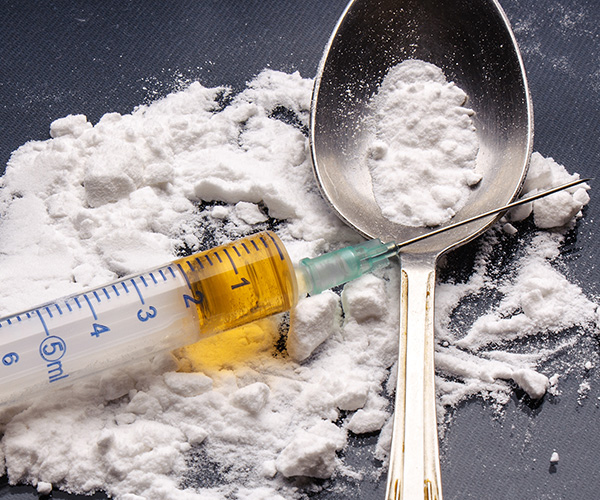
Heroin & Morphine
Have you been caught Drug driving?
In March 2015 the government introduced a new offence of driving above the specified limit for drugs. The government had previously commissioned a report Wolff report
This recommended the limits for various drugs based on levels of impairment. However, the government wanting to look tough on drug use decided to introduce a “zero” tolerance approach.
| Illegal Drugs | Legal Limit |
|---|---|
| Benzoylecgonine (cocaine) | 50 micrograms per litre of blood (µg/L) |
| Cocaine | 10µg/L |
| Delta-9-Tetrahydrocannabinol (cannabis and cannabinol) | 2µg/L |
| Ketamine | 20µg/L |
| LSD | 1µg/L |
| Methylamphetamine | 10µg/L |
| MDMA (ecstasy) | 10µg/L |
| Heroin and diamorphine | 5µg/L |
| Prescription Drugs | Legal Limit |
|---|---|
| Clonazepam (used to treat seizures and panic disorder) | 50µg/L |
| Diazepam (anti-anxiety) | 550µg/L |
| Flunitrazepam (Rohypnol - sedative) | 300µg/L |
| Lorazepam (anti-anxiety) | 100µg/L |
| Methadone (heroin substitute) | 500µg/L |
| Morphine (pain relief) | 80µg/L |
| Oxazepam (anti-anxiety) | 300µg/L |
| Temazepam (anti-anxiety and sedative) | 1,000µg/L |
| Amphetamines (eg dexamphetamine used for conditions such as ADHD) | 250µg/L |
Unlike alcohol, there is no type approval that shows that the presumption for the analysis of a sample of blood for drug concentrations is correct. Numerous laboratories have been shown to be using procedures that are deficient which have led to the loss of their accreditation and the reversal of convictions for drug driving. Randox is a prime example
Since its inception it is estimated that 27,000 cases may have been affected by inadequate practices. This is not a insignificant number. It is clearly not a perfect science.
The drug driving laws are not about whether you were impaired or even deliberately drove knowing drugs were in your system, it is about whether you are over the “zero” tolerance limit.
Auriga Advocates’ solicitors have a track record of successfully defending drivers charged with drug driving. We understand every aspect of the law and procedures involved in drug driving cases, so can effectively challenge the prosecution’s case. We continue to successfully defend drug drivers and hope we can help you.
Please contact us at the earliest stage of your drug driving case, preferably at the point of arrest or being released pending investigation. If you have a drug driving charge and court date you should not delay in contacting us. Our initial advice is free of charge and could save your licence even if you do not instruct us.
Read more.The interesting dilemma for all concerned is that it is impossible to work out what the specified levels actually mean in reality. It makes it difficult for courts to sentence and easier for drivers to fall foul of the legislation.
Prior to this legislation the police could on prosecute drug driving for driving whilst unfit which was notoriously difficult to prove and as such seldom prosecuted. The new legislation is much easier to prove.
More than 400 drivers a month are arrested for drug driving and 50% of drivers stopped are testing positive for drugs.Since its introduction there are about 4 drivers a day charged with drug driving who are convicted. The police target profiled offenders and studies show that men under the age of 40 years are more likely to have drugs in their system whilst driving. It is an easy arrest and helps the police meet their arrest and conviction targets.
Many drivers charged with driving whilst over the prescribed limit will accept their guilt without question and usually on the advice of duty solicitors. What neither realise is that there are numerous defences and issues which arise in these cases which can lead to the charge being dropped.
If you are stopped driving you should comply with the police if you do not you could face a further offence such as failure to provide a roadside. They should only request a roadside test if they suspect you have been drug driving or you have been involved in a moving road traffic offence or an accident regardless of blame.
The roadside test for drugs can only test for cannabis and cocaine but the police may arrest if they suspect drug use either due to telltale signs – ie white powder around your nose or behaviour which would indicate that you are under the influence of drugs.
Read more.Once arrested you must co-operate with the police. At the police station they will ask you to provide a specimen of blood. They must give you a warning that if you fail to provide that is a criminal offence for which you will be prosecuted.
They will instruct a nurse to take the blood from you and you should take notice as any failure in that procedure can give you a good defence. They should take one sample and split that sample into two.
At the end of the blood procedure they should offer you a sample of your blood and give you a choice out of the two samples. You should take your sample, put it in your fridge and call us immediately.
Read more.In most cases you will be released under investigation whilst the police wait for the results of the blood sample or you will bailed to return back to the police station.
You will have to wait for the results of the prosecution result of your blood sample.
If this is below the legal limit the police will take “no further action” NFA.
If it is even marginally above the legal limit they will charge you. Normally, this is done by way of a postal requisition which you will receive in the post. If you have returned to the police station on bail they may give you a charge sheet with a court date at the police station.
There are some things that can be done at this early stage:
- If you have not taken your sample you could ask the police for it back?
- If you have been advised that the blood procedure is wrong you could request that the CCTV/BWV is preserved.
- Obtain a copy of your custody record
However, it is pointless doing anything else because the police will not take no further action (NFA) if the results are over the limit even if you have raised issues about the procedure. They leave that decision to the CPS.
If the police results are below they will NFA anyway so any money spent is a waste.
You do not need a solicitor to do any of this unless you may be charged with more serious offences such as death by due care with drugs in which case we would suggest getting a solicitor involved straight away.
The issue with contacting the police pre-charge is that there is an enormous backlog of blood samples to be tested and cases to be processed. If you make contact pre-charge you could find you case being brought forward.
There is a 6 month time limit to issue a charge of drug driving and it is often missed – delay works in your favour.
If you call us for your free initial advice then we can advise you on what steps you can take to preserve evidence.
The police will use a drug screening device (DSD) to establish the presence of drugs. These can test up to 6 drugs in a single test of a person’s saliva.
The DSDs are not 100% accurate and therefore cannot be used as evidence in a court case. They can give false readings both positive and negative and are affected by eating and drinking prior to the test which is why manufacturers of the DSD recommend that there should be a 10 minutes delay after eating or drinking.
The result will give the police sufficient evidence to suspect someone of driving above the drug limit and therefore you will be arrested. You should co-operate because any refusal or obstruction could lead to other offences.
You will be asked to supply a blood sample at the police station which you should do. You will be offered a sample which you should accept and keep refrigerated until your solicitor indicates it is safe to dispose of. You will receive the result of the analysis within 6-8 weeks and if over the limit you will be charged with Driving with drugs over the prescribed limit.
NOTE: that refusing to provide either specimen is an offence as it is for excess alcohol.
If you have received your postal requisition with the charge(s) and a court date you should call us immediately so that we can advise you. Our advice at this point is free.
We will advise on the following:
- Potential sentence
- Potential defences
- Our strategy in defending your case
- Your chance of success
If you instruct us we will prepare your case in readiness for the court hearing which will involve completing what is known as a PET form which outlines your defences, the legal arguments we plan to put forward and which witnesses we will require from the prosecution as well as those which we intend to call.
This first hearing is vital as it lays down the foundation for the trial and if not done well it can scupper your chances of success. It is not recommended that you go in alone or hope that the duty solicitor will help.
Duty solicitors can only represent you on a guilty plea and if they are minded to help in court they do not understand the law and procedures around drugs to be able to complete the Pet form effectively.
If you would like to discuss your options please get in touch. We are here waiting to help you.
The legal limit for BZE is 50ug. It is a by-product of cocaine use. A method known as “de-methylation” metabolises cocaine and produces BZE which is the primary active metabolite of cocaine. Approximately 40% of the cocaine used is metabolised into BZE. Whilst cocaine stays in your system for only a few hours, BZE can be detectable for up to 5 days. It will be detectable after 30 mins of cocaine use and will rise over the next few hours. It has a half-life of 12 hours so remains in your system for days long after the effects of cocaine have worn off.
There is a defence has been introduced under S5A(3) of the Road Traffic Act 1988 which states that if a drug is prescribed for medical or dental reasons and taken in accordance with any directions by the Doctor, Dentist or consultant and also the manufacturers instructions. The drugs must also be being used legally ie not prescribed to another.
This may be applicable for medically prescribed cannabis.
General defences:
You were not driving
This would be based on the factual evidence such as whether the police have eye witness evidence or CCTV if not it could be difficult to prove. If you are just sat in your parked vehicle it is likely that your will facing a charge of being in charge of a vehicle whilst over the prescribed limit.
You were not on a road or public place
The offence of drug driving must take place on road or public place. Often police stop people in car parks which could be private even though members of the public gain access it could be limited ie patrons only in which case it would be classed as private and no offence could be committed.
The police station blood procedure has not been followed
The police must follow the procedure under the Road Traffic Offenders Act 1988 in order to successfully admit their blood results. If they cannot prove that they have complied then their results will be rendered inadmissible.
This could be if they have not
- Given the S7 warning (that you would prosecuted for failing to provide if you refuse to provide a blood sample)
- Taken the blood correctly ie they have taken two separate samples instead of one sample divided into two.
- They have failed to supply you with a sample which can be tested ie insufficient quantity of blood.
- They have failed to complete the MGDD booklets correctly to demonstrate they have followed the procedure.
Challenging the continuity of your blood sample?
Before a blood sample is taken the nurse will open a sample kit. This kit has a bar code on it with a set of bar code stickers. When your sample is taken the bar code should be attached to each vial, each white container, the MGDD/B form and the tamper proof evidence bag should be clearly labelled and all should have your full name on.
The laboratory should receive the tamper proof evidence bag containing your sample intact with the proper labelling on it. Often the bags are ripped or mislabelled, and some vials have no barcode or name on at all, all of which provide an effective challenge to the continuity of the sample.
If there is any discrepancy on any of these or the barcode and name are not correct, then the prosecution will have difficulty in proving that the sample tested was yours.
Was consent to take the sample given?
The police must make sure that you are consenting to giving the sample of blood. It must be absolute consent without conditions. The police cannot force you to give a sample if you chose not to then they have other options available to them to deal with you ie no further action or charge your with failing to provide.
The issue of consent is dealt with at several points on the MGDD/B form if that is not there then they police will struggle to establish it was properly given.
The nurse/ health care professional should complete a consent form known as the HORT/5. This establishes that proper consent is given before they take your blood. Under S16 Road Traffic Offenders Act 1988 this certificate must be served 7 days before a trial to enable the prosecution to rely on your results. If they fail to do so the results may rendered inadmissible.
If this form is not accepted by the defence then the prosecution must call the nurse to give evidence if they fail to turn up then the prosecution will struggle to prove that the blood procedure was followed correctly.
It is worth noting that the majority of the health care professionals are subcontracted and do not work directly for the police as such they have often moved on to another firm or just do not want to come to court.
Challenging the blood Analysis
We can effectively challenge the prosecution analysis in a number of ways.
If you have had your sample of blood tested and it has come back below the legal limit but the prosecution’s has come back above. This provides us with a very effective challenge to the prosecution case. As we only have to cast doubt on the prosecution case with one sample above and one below the doubt must be there.
We will challenge the accuracy of the analysis.
It is an uphill struggle in court to challenge this. The court will put pressure on you to accept the results regardless of what you say about your consumption or lack thereof.
However, in light of the Randox cases and the fact that this is not a perfect science, defendants must be allowed to examine and analyse the procedure of analysis.
How we challenge the analysis at the laboratory
When charged we can obtain what is known as the IDPC (initial disclosure of the prosecution case). This will usually contain what is known as the SFR/1 which is form from the laboratory stating what the results were. It will also show whether there was more than one sample received by the laboratory which is useful if you did not take your B sample with you from the police station.
We will object to the admission of the SFR/1 in the case which has the effect of requiring the prosecution to get their expert to produce a full report known as an SFR/2. We will also request the ADP (analytical data pack) so that we can have that examined by an independent expert. The court will usually make directions to serve these by a certain date.
If they fail to serve these by that deadline then we have additional lines of defence because if the SFR/2 is not served by the deadline or at all that evidence is inadmissible. Under CPR19.10 the prosecution must serve the report and if out of time they must apply for an extension of the deadline providing good reasons for the delay. The prosecution invariably fail to do so which renders their expert evidence inadmissible.
The analysis of blood for drugs is not a perfect science and often analysis of the ADP throws up various issue such as poor storage, cross contamination, inadequate calibrations and control samples. All of which can render the analysis unreliable. With 27,000 convictions set aside due to poor analysis since 2015 if your livelihood depends on your licence you have nothing to lose by challenging the analysis, there is a good chance something has gone wrong.
There are a number of challenges :-
- Lack of evidence in continuity of the sample
- The laboratory does 2 tests and take the mean, would it be fair if any of these were under to convict a defendant?
- Has the equipment been calibrated within the standard deviation ranges?
- Has there been a “data anomaly” which would affect the accuracy of the results?
- Have certified reference materials been used, without which the accuracy of any result would be in question.
- Has the analyst deducted the standard analytical variation of 30% from the measured result?
- Has the analyst cleared the equipment with solvent between tests? Bearing in mind a laboratory will test a number of samples at once.
Call us for some free advice now if you wish to challenge the analysis in your case.
A special reason is not a defence, but if accepted by the court, allows the Magistrates to exercise their discretion to impose a disqualification of a period less than the mandatory 12 months, no disqualification at all or to impose penalty points if they feel you inadvertently consumed cannabis.
READ MORE ABOUT SPECIAL REASONS
Release a company which specialises in health, welfare and legal needs of drug users have raised concerns about the new law because they have research evidence that the passive inhalation of cannabis smoke can produce levels of the drug between 1 – 7 ug/L which is over the 2 ug/L limit. This is based on a high level of exposure in a non-ventilated room where the subject was tested within a few hours of exposure. Generally, it is accepted that these sort of levels via passive smoking will not stay in your system as long as direct us.
The Government, however, is confident that passive smoking will not take an individual over the limit of 2ug/L, after taking advice from an expert advisory group.
Unsure whether this applies to you – call one of our expert lawyers to advise.
A special reason, if successful may result in an absolute discharge and no disqualification. There are no precedents and whether your case will be successful will depend on the facts. If you were a regular smoker and then passively smoked, you are less likely to win your argument. Other factors that would be taken into account are
- When did you last smoke cannabis?
- Were you aware others around were smoking cannabis?
- Could you get away from the users?
- Were you aware that you would be affected?
The courts are very cynical when it comes to attempts to avoid a disqualification and you would be advised to seek advice as only very strong evidential cases are going to have any chance of success. Much will depend on how convincing you are about not using cannabis and not realising you would be over limit by passive smoking. The higher the result the more difficult this argument will be.
Cannabis and most other drugs stay in your system much longer than alcohol. We have known people to have the drug in their system 4 days after consumption Recent research suggests that a 2ug of cannabis can stay in your system for 9 days.
If you are a regular user there is an increased risk that you are more likely to be over the prescribed limit at any time.
It is impossible to work out what limit you will be at unless you take a blood test.
The Govt introduced drug driving sentencing guidelines in July 2023.
This now clarifies the issues in comparing the drug levels with those of excess alcohol guidelines. They contain a very clear warning about basing a level of sentence on the level of drugs:
“Harm demonstrated by one or more of the following:
Note: It is not possible to draw a direct connection between the levels of a substance detected and the level of harm.
The limits for illegal drugs are set in line with a zero tolerance approach but ruling out accidental exposure. The limits for drugs that may be medically prescribed are set in line with a road safety risk-based approach, at levels above the normal concentrations found with therapeutic use. This is different from the approach taken when setting the limit for alcohol, where the limit was set at a level where the effect of the alcohol would be expected to have impaired a person’s driving ability.
The analysis of drugs in blood is more complex than that for alcohol and there is a larger margin of uncertainty in the measurements. Concentrations of specified substances in blood for the purposes of this offence are expressed in terms of ‘not less than’ which takes account of the margin of uncertainty for the particular substance. “
So sentence is based on a number of factors:
The higher level of harm and culpability. So, inter alia, aggravating factors will be:
- The evidence of impairment
- Bad driving
- Accident causing injury or damage
- High risk of injury or damage
- Multiple drugs/alcohol in your system
- Breach of current court orders
- Lack of remorse
Any evidence of aggravating factors will increase your sentence and disqualification above the minimum Band C fine and 12 months disqualification.
If you have any aggravating factors such as being involved in an accident, committing another motoring offence at the same time, have numerous drugs in your system at high levels or this is not your first offence, you could be facing a high level community order (between 200-300 hours of unpaid work) or worse, a prison sentence of upto 6 months.
The other factor is also that although there is legislative provision for a drugs drive rehabilitation course there are presently no providers so a drug drive offender cannot take advantage of the 25% reduction which that offers.
At the moment pilot schemes for a new drink/drug driving course are being piloted and it is hopeful that courses will become available at sometime in 2018.
It is imperative that a drug driver is represented to ensure that a fair sentence is passed.
Do not face your sentence alone call one of our expert lawyers to help you now?
- Mandatory minimum penalty of 12-month disqualification and a fine of 1.5 weeks’ net wages;
- For repeat offenders, a mandatory minimum penalty of 36-month disqualification along with a fine of 1.5 weeks’ net wages;
- Your driving licence will be endorsed for 11 years for drug driving;
- Possible prison sentence in high reading or repeat offender cases;
- Criminal record;
- Possible professional consequences such as loss of job/licence to practice;
- Significant insurance issues: many insurers to refuse to insure drivers with drug driving convictions from within the last 5 years so your current insurer may refuse to insure you once your disqualification is over. An average increase in insurance premiums for 5 years post-conviction is 103.25%. So, if your insurance premium was £1000 prior to being convicted, you can expect it to pay an increased premium of £2032.50. Multiply the increase by the 5 years your insurers will punish you with increased premiums and you will have spent an additional £5162.50.
- Restrictions on foreign travel
- Reputational damage.
We understand how you feel about the impact all the potential consequences can have on your work and family. We can help you every step of the way with outstanding expert advice and constant support throughout the process.